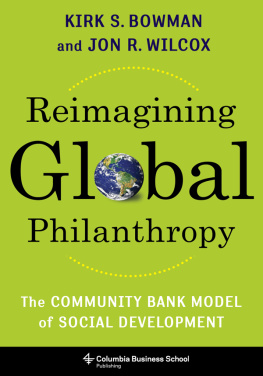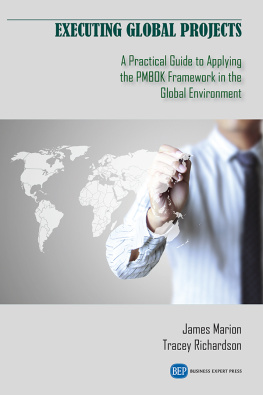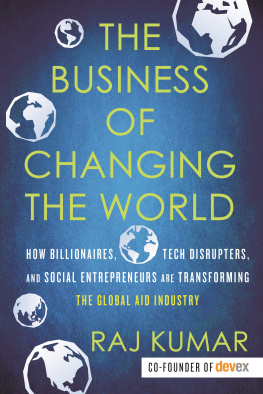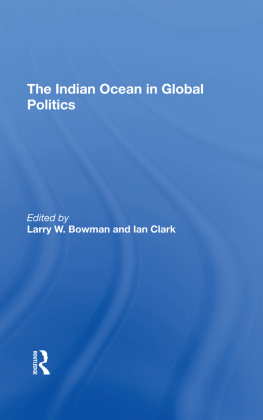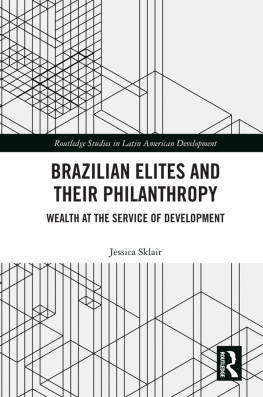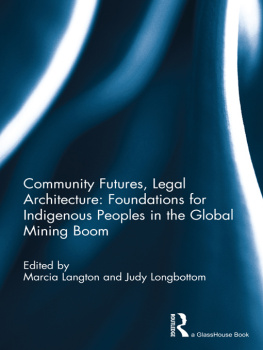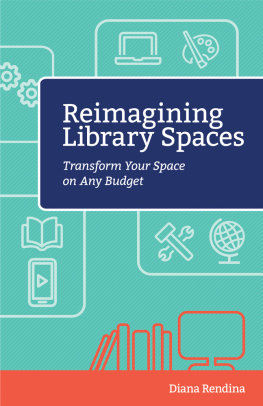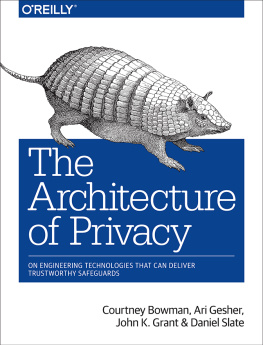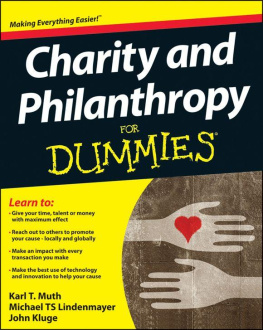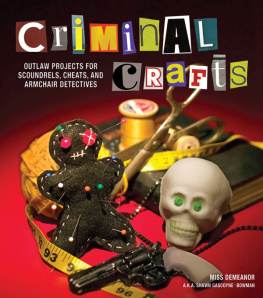Table of Contents
REIMAGINING GLOBAL PHILANTHROPY
Columbia University Press
Publishers Since 1893
New York Chichester, West Sussex
cup.columbia.edu
Copyright 2021 Columbia University Press
All rights reserved
EISBN 978-0-231-55343-8
Library of Congress Cataloging-in-Publication Data
Names: Bowman, Kirk S., author. | Wilcox, Jon R., author.
Title: Reimagining global philanthropy: the community bank model
of social development / Kirk S. Bowman and Jon R. Wilcox.
Description: New York: Columbia University Press, [2021] |
Includes bibliographical references.
Identifiers: LCCN 2021010820 (print) | LCCN 2021010821 (ebook) |
ISBN 9780231200103 (hardback; alk. paper) | ISBN 9780231553438 (ebook)
Subjects: LCSH: Economic development projectsDeveloping countries. |
HumanitarianismDeveloping countries.
Classification: LCC HC59.72.E44 B685 2021 (print) |
LCC HC59.72.E44 (ebook) | DDC 361.7/7091724dc23
LC record available at https://lccn.loc.gov/2021010820
LC ebook record available at https://lccn.loc.gov/2021010821
A Columbia University Press E-book.
CUP would be pleased to hear about your reading experience with this e-book at .
Cover design: Noah Arlow
Cover image: NASA
Contents
THE POWER OF DIFFERENT PERSPECTIVES
We come from very different backgrounds and hold different perspectives. Kirk Bowman is a progressive college professor from Atlanta, Georgia, with twenty-five years of development research and practice. Jon Wilcox is a conservative community banker from Orange County, California, with over three decades in banking and finance. Despite our considerable political differences, job experiences, and worldviews, we have been close friends for nearly forty years. We met in Washington, D.C., in 1983 when Jon interned in a suit and tie at the Securities and Exchange Commission and Kirk interned in jeans and a T-shirt at the Council on Hemispheric Affairs. A semester of carpooling into the city from Alexandria, lots of basketball, and regular road trips formed the roots of a lifelong friendship.
In an era of great political division and a lack of empathy, we affirm that there is much to gain by talking and working closely with people who think differently than you do. Indeed, we believe that listening and blending our different perspectives, education, and experience is the driving force for this book. Years of friendship, lively arguments, dozens of trips to South America, a willingness to admit errors, and a few horrifying experiences in the field all contributed to our coalescence on an alternative model for global philanthropy.
Despite our outward differences, we share far more similarities. We both lived for extended periods in the Global South and continue to admire the cultures and peoples. We both encountered and developed enduring relationships with remarkable and creative local community leaders. We are both optimistic about community transformations from the ground up.
As with many epiphanies, ours percolated for several years. We initially discovered Sebastio Oliveira and the Miratus Badminton Association through the serendipity of a random LinkedIn contact in 2011. Meeting Oliveira and watching him train world-class badminton players through samba dancing in a favela in the periphery of Rio de Janeiro was exhilarating. We believed he was singular, a local social entrepreneur unicorn who was famous for his unusual ideas. We were shocked to discover that most people in Rio de Janeiro had no idea who he was. He was invisible outside the favela and network of local activists.
We spoke about Miratus with Julia Michaels, a journalist, author, and activist with decades of experience in Rio de Janeiro. Michaels informed us that while Oliveira is incredible, he is not unique or even rare in the eight hundred favelas of Rio de Janeiro. She knew about dozens of locally led organizations doing innovative and incredible work in the roughest of environments. Michaels then decided to introduce us to Vinicius Daumas and Junior Perim, the founders of the Crescer e Viver social circus, over dinner.
Perims mind works at an incredible pace, and a conversation with him is both exhausting and exhilarating. He is likely the smartest person in the room, and perhaps he knows it. He is also a tireless activist for human rights, urban development, the arts, and local social entrepreneurs. When we asked him if there were other organizations similar to Miratus and leaders as impressive as Oliveira, Perim looked at us with a sly smile, as if we were nave children. His answer was to ask if we were free for the next two days. We were, and we drove all over the city with Perim and Daumas in their old SUV, meeting local leader after local leader using innovation and commitment to transform the youth of their neighborhoods. The diversity of activities was as impressive as the energy and long-term commitment of the local social activists. From contemporary dance to filmmaking, and from classical music to boxing, the favelas of Rio de Janeiro are bursting with locally led projects that are critical institutions in their neighborhoods.
When the celebrated economist Albert O. Hirschman was asked how he came to hold the unorthodox views he proposed in The Strategy of Economic Development, he would reply, I went to Colombia early in 1952 without any prior knowledge of development. This turned out to be a real advantage. [I later] discovered I had acquired a point of view of my own that was considerably at odds with current doctrines. This was also our advantage. As a lifelong banker, Jon never studied development. He had never attended a single class. He encountered Rio de Janeiro from a bankers perspective. After meeting Oliveira, Michaels, Perim, and Daumas, and taking the Rio de Janeiro neighborhood activist tour, the community banker remarked that global philanthropy would have a far greater return on investment by providing resources to these impressive and ongoing successful organizations instead of always starting new initiatives. That simple observation represents the theoretical beginnings of this book.
After years of conversation and over a dozen trips to Rio de Janeiro, the conservative banker convinced the left-leaning college professor that good intentions and theoretical rigor are not enough: any successful model must be highly cost-efficient, with the maximum expected rate of return on investment. The college professor convinced the banker that cost-effectiveness was insufficient: a successful model must empower local leaders and subvert existing power relations. These experiences and conversations led us to contemplate, develop, and test a community bank model (CBM) of global philanthropy. We detail this journey in this book.
We are grateful for all the people and institutions that enriched our journey and this book. Sebastio Oliveira, Guti Fraga, Tia Maria, Lazir Sinval, Junior Perim, Vinicius Daumas, Eliana Sousa Silva, Zefa da Guia, Doa DAjuda, and Mamae Zez taught us that real-life superheroes do exist, and they come in all ages, colors, and economic conditions, and with different education levels. You inspired us as you transformed the lives of so many in your communities. We are grateful for you and all that you do.

